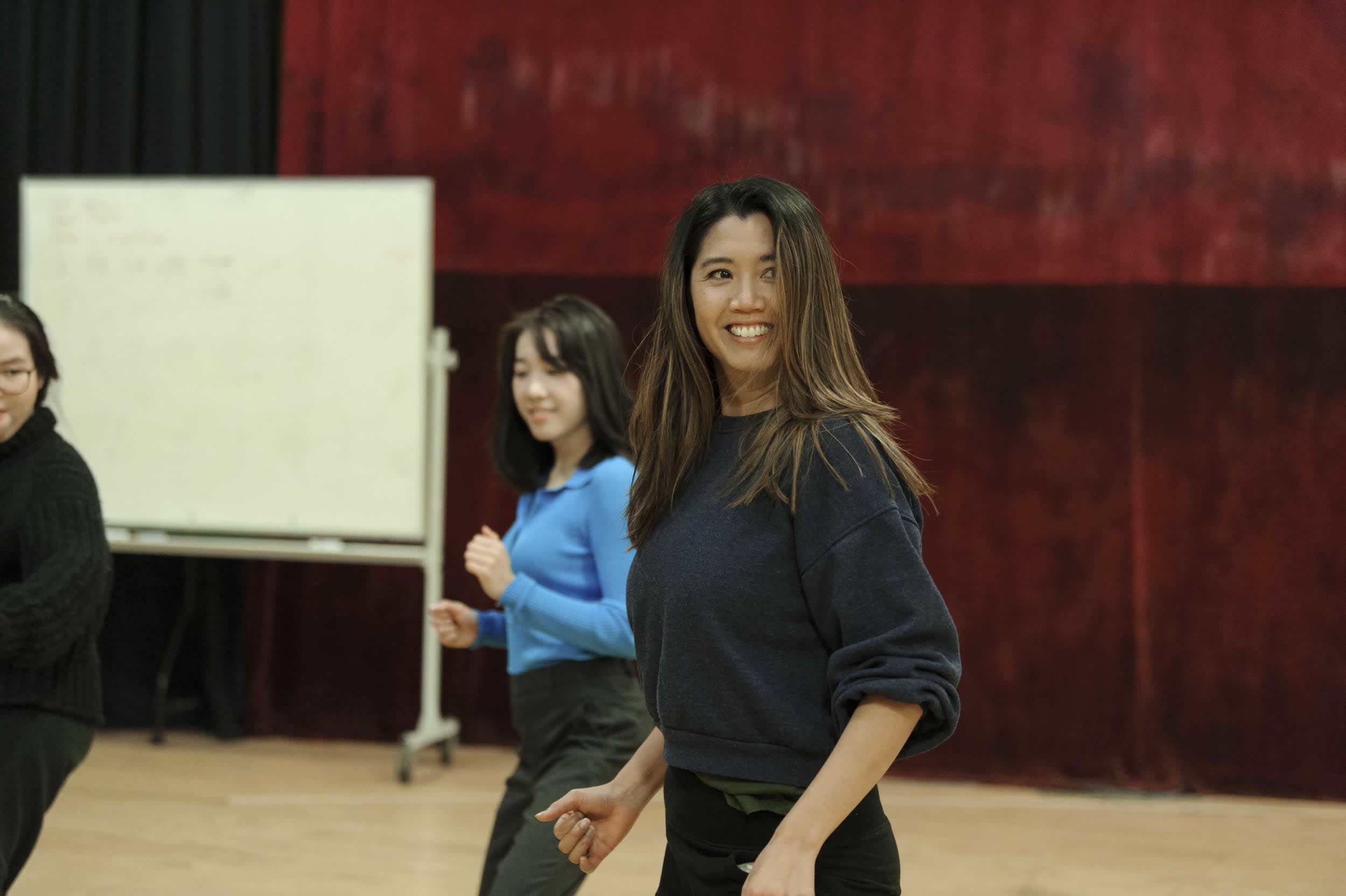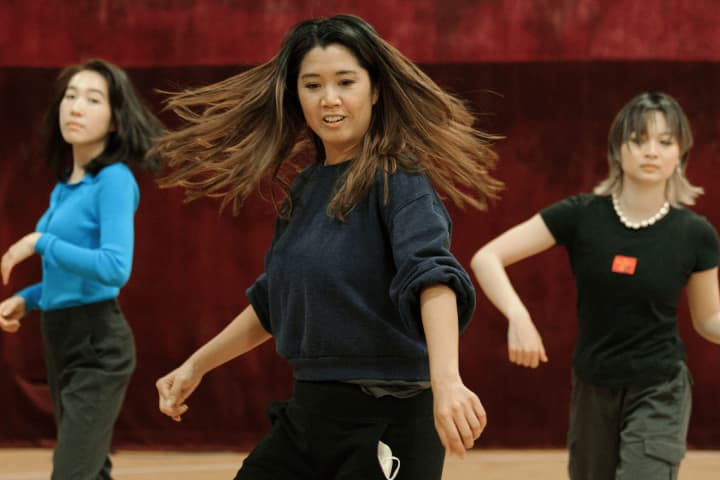After writing her incredibly successful and celebrated memoirs Unpolished Gem and Her Father’s Daughter, Alice Pung set her sights on writing her first novel in 2014.
The result was Laurinda – a coming-of-age story about 15-year-old Lucy Lam’s struggle for identity and belonging as she lands a scholarship to the prestigious and exclusive girls’ school called Laurinda. It is also a truthful and compelling exploration of family, culture and class.
Pung was partly inspired to explore these topics in fiction because of her own high school experiences. ‘I changed high schools five times during my teenage years, and as an author have visited hundreds of high schools in Australia and all over the world,’ she says. ‘From firsthand experience I know the difference that going to, say, a state school in the Western suburbs (of Melbourne, Sydney or Adelaide) and a private school in a leafier suburb can make to a child’s experience of education, the friendships they make, their outlook on the world, their exposure to adult hardships and their relationship to work. So much is at stake when we put up with such inequalities for Australian children.’
Fortunately, the private school Pung attended wasn’t horrible like the fictional Laurinda of her novel, but she also remembers the real sense of alienation she felt. She couldn’t relate to the other students, for instance, who spent more than $400 on their formal dresses. ‘Dresses that my friends’ parents might have sewn for below minimum wages in their home garages. So this is the world of Lucy Lam in Laurinda,’ she explains.

Ngoc Phan, who will be playing Lucy Lam, during rehearsals for Laurinda. Photo: Sarah Walker
What Pung was also interested to examine in the novel was the idea of a powerful institution against an individual. ‘I still find it a bit baffling how some private schools are concerned about their reputations to a degree you might not find in state schools … they are also places where early “networking” goes on. So Laurinda is a satire about toxic private school culture.’ Though she is clear to state she knows this isn’t the case for all private schools. ‘But I am never surprised when teachers from private schools come up and secretly tell me that Laurinda describes their culture,’ she adds.
Throughout the novel, the toxic environment of Laurinda becomes overwhelming for Lucy. At first excited and hopeful for her world to open beyond the suburb of Stanley where she grew up, dealing with the politics of popularity and power at Laurinda – personified by a trio of girls called The Cabinet who control the student body and some of the teachers – starts to take its toll.
‘Lucy is not only a different culture, but a different class to the majority of her new classmates,’ Pung explains. ‘So her mannerisms, speech and even movements are different; and she is a bit chameleon-like in her ability to try and adapt to the new environment.’ But these efforts cause her increasing unhappiness. ‘At times she’s excruciatingly ashamed of her family, not for their poverty but the small and subconscious ways this manifests (eating with their mouths open, for instance) and ashamed of herself for becoming like haughty Pip in Great Expectations,’ Pung says.
At the end of the novel, Lucy comes to the understanding that ‘having integrity means piecing together all the separate parts of yourself and your life.’ Pung hopes this resonates with audiences of all ages, even those who have long left high school behind. ‘Kurt Vonnegut says “life is nothing but high school” – you see this play out in workplaces, politics and anywhere where groups of adults are forced to work and be together.’
‘I liked how these two talented creatives made the play entirely their own … a lot of depth of thought has gone into every element of this production.’ – Alice Pung
It makes sense then that Pung was more than happy for Petra Kalive and Diana Nguyen to adapt her story for the stage and allow even more people to connect with Lucy’s journey. ‘I liked how these two talented creatives made the play entirely their own. Lucy Lam is a 38-year-old school principal – I could not have imagined a better future for Lucy even if I tried. Also, Diana added her Vietnamese culture to it, so Lucy speaks Vietnamese at home and so does her mother. (In my book, she spoke Chinese) … a lot of depth of thought has gone into every element of this production.’
Pung also appreciates how Kalive and Nguyen have interpreted the character of Linh, to whom Lucy writes a year-long letter in the novel. ‘It is exactly how I would imagine Linh to appear if she were to be onstage or on screen,’ she says. ‘Throughout the book, Linh is like Lucy's alter ego, they have conversations with each other and the reader only finds out that Linh is not a separate person until the very end. So Diana and Petra took the perfect approach.’

Laurinda cast members Chi Nguyen, Ngoc Phan, Roy Phung, Jenny Zhou and Gemma Chua-Tran during rehearsals. Photo: Sarah Walker
Seeing the story on stage will also add another dimension hard to replicate in other mediums. ‘Every performance is a once-off gift for the attendee and no two performances are the same,’ Pung says. ‘The actors often feed off the energy the audience gives, and so it is a two-way exchange which you do not get from film or television.’ And finally, speaking of the actors, Pung says ‘I am most excited to see this majority Asian–Australian cast play almost EVERY character in the adaptation!’
Laurinda is on stage from 6 August at Southbank Theatre.
Published on 2 August 2022





